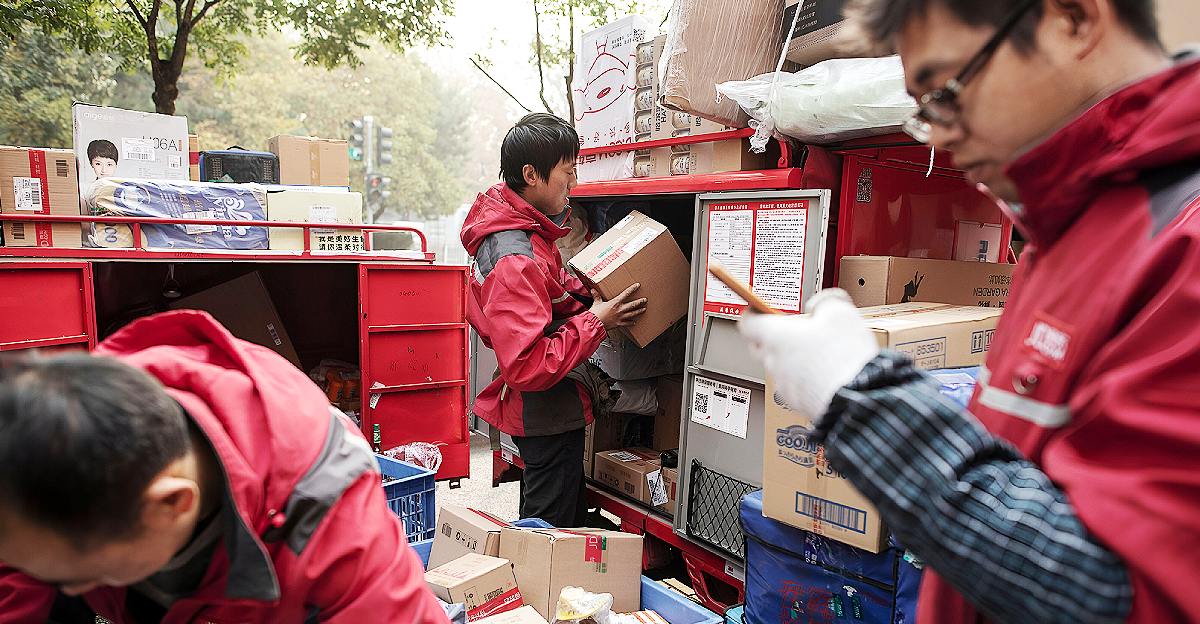
Europe’s new Digital Services Act (DSA) has put every online marketplace under a legal microscope – especially AliExpress. The Alibaba-owned platform now claims about 104 million monthly EU users (roughly one in five Europeans). Regulators warn that at this scale, any safety lapse can go viral: a single rogue toy or counterfeit drug could reach millions.
Inspectors report surging consumer complaints about fake cosmetics and electronics sold online without proper CE safety marks. With Brussels vowing “zero tolerance” on such loopholes, AliExpress’s brand and profits now hinge on whether its compliance measures can pass muster.
Cheap Hazards

Recent product tests confirm the alarm. British and Irish Trading Standards found that 86% of 545 toys bought from online marketplaces (including AliExpress) failed EU safety rules, and 48% were outright unsafe. Likewise, UK consumer group Which? ordered 23 children’s toys from various cross-border sites (some costing as little as £1.07) and found serious safety problems in over half of them.
Investigators repeatedly discovered toxic magnets, button batteries accessible to toddlers, and missing EU safety (CE) markings – all banned under toy regulations.
Rulebook Tightens

In response to these risks, the EU has moved AliExpress into the DSA’s toughest category. Because AliExpress serves over 45 million EU users, Brussels has designated it a “Very Large Online Platform,” triggering the strictest obligations. It must now conduct broad risk assessments, execute lightning-fast takedowns of illegal listings, and fully open up its algorithms for oversight.
Even casual visitors (not just logged-in members) can now hit a “report” button on any suspected illegal product – a tool no brick-and-mortar store has. Under the DSA, non-compliance can bring fines up to 6% of global turnover (around €4.2 billion on Alibaba’s latest revenues).
Probe Deepens

Even as the rulebook tightened, regulators dug deeper. On 14 March 2024, the EU formally opened an investigation into AliExpress – the first marketplace probe under the DSA. Officials were looking into “dissemination of illegal content” – specifically, reports that unapproved medicines, dietary supplements and even pornographic goods were slipping through invisible affiliate links or influencer channels.
An internal risk matrix reportedly flagged such products as “high severity,” yet assigned them almost no enforcement resources.
Commission’s Charge

The flashpoint came on 18 June 2025. The European Commission publicly charged AliExpress with having “underestimated the general risk of the sale of illegal products” and documented “systemic failures” in its moderation systems. Executive VP Henna Virkkunen declared, “The actions taken today show the strength of the Digital Services Act” in protecting users.
If confirmed, the findings could cost AliExpress up to 6% of turnover and would legally bind the company to a strict fix plan.
Consumer Alarm
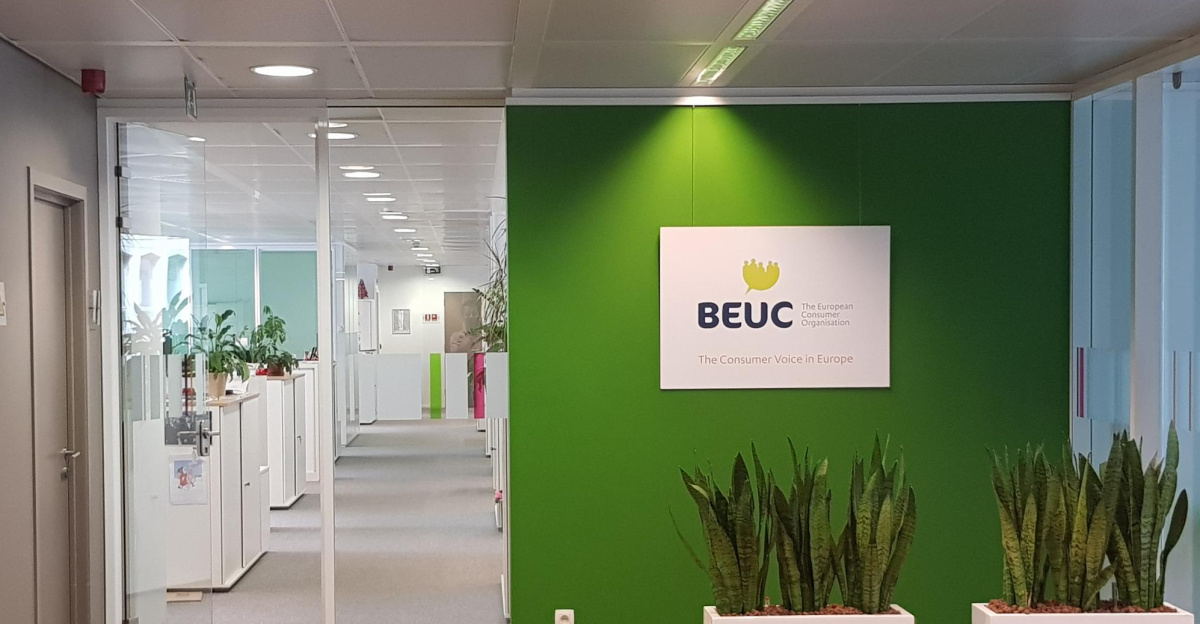
Consumer advocates cheered the action and demanded even tougher follow-through. BEUC, the EU consumer federation, welcomed the Commission’s move and called for “deterrent action” if AliExpress doesn’t fully clean up. BEUC Director-General Agustín Reyna noted similar dangers on Temu last year and urged Brussels to crack down on allmarketplaces selling illegal goods.
On the ground, shoppers say they’ve seen it themselves: parents report chargers that melted into plastic bubbles and plush toys filled with highly flammable foam. Customs statistics offer a grim backdrop: some 1.6 million dangerous or illegal toys were seized at EU borders last year (many arriving in small parcels that sidestep checks).
Toys Tell All
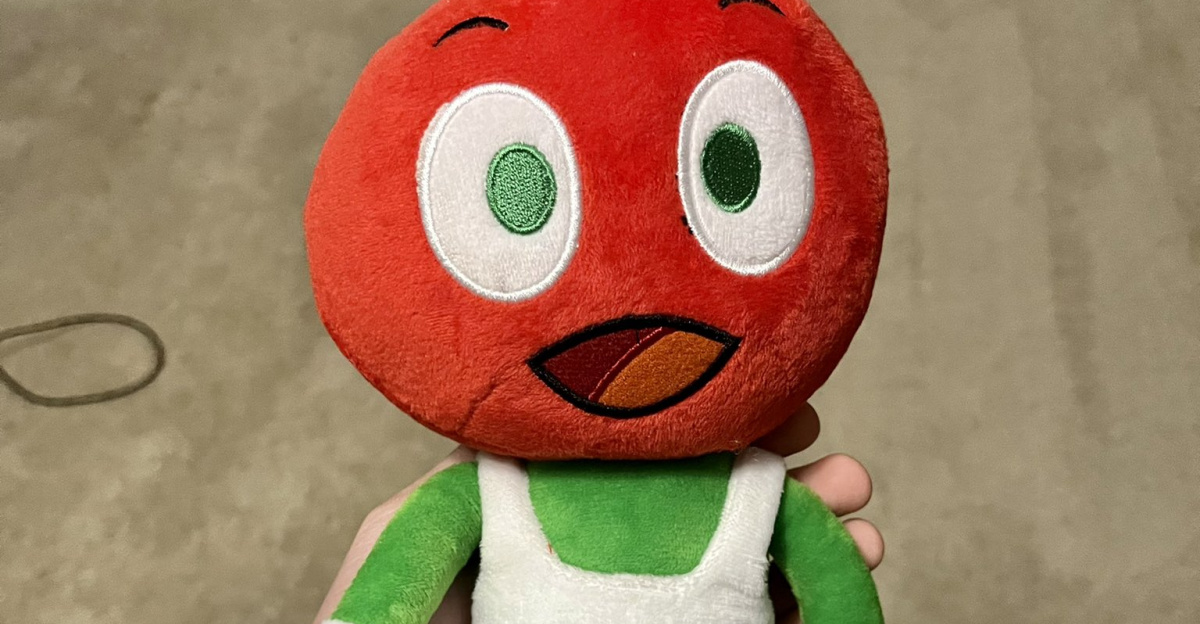
Independent product tests have laid bare the problem. UK consumer group Which? found that more than 90% of randomly purchased toys violated EU standards, with a majority posing serious hazards. Among the AliExpress buys, testers described one magnet-set that shattered into swallowable button batteries and a €2 unicorn plush with loose parts – egregious choking risks.
Even obvious labeling rules were ignored: several cheap toys lacked required return-address labels or warning stickers. Parents describe the dead-end process: one mother in France said she never received a promised refund after reporting a dangerous doll. Investigators note a maddening cycle: when authorities pull a hazardous item offline, it often reappears under a new seller account overnight.
Ripple Effect

AliExpress isn’t alone in Brussels’ crosshairs. On 28 July 2025, the Commission hit rival Temu with its own DSA breach notice, after independent testing found dangerous baby items and electronics on the platform. At the same time, EU regulators are probing content on other tech giants: formal proceedings are underway against X (formerly Twitter) for unchecked illegal listings, and TikTok and YouTube have faced tough questions about protecting minors from unsafe products and content.
Analysts say these rapid-fire cases show that Brussels is hunting systemic risk, not isolated slip-ups. Big platforms are reacting: Amazon and eBay now proudly flag “EU-sourced” products with safety badges and limit high-risk overseas sellers.
Market Stakes
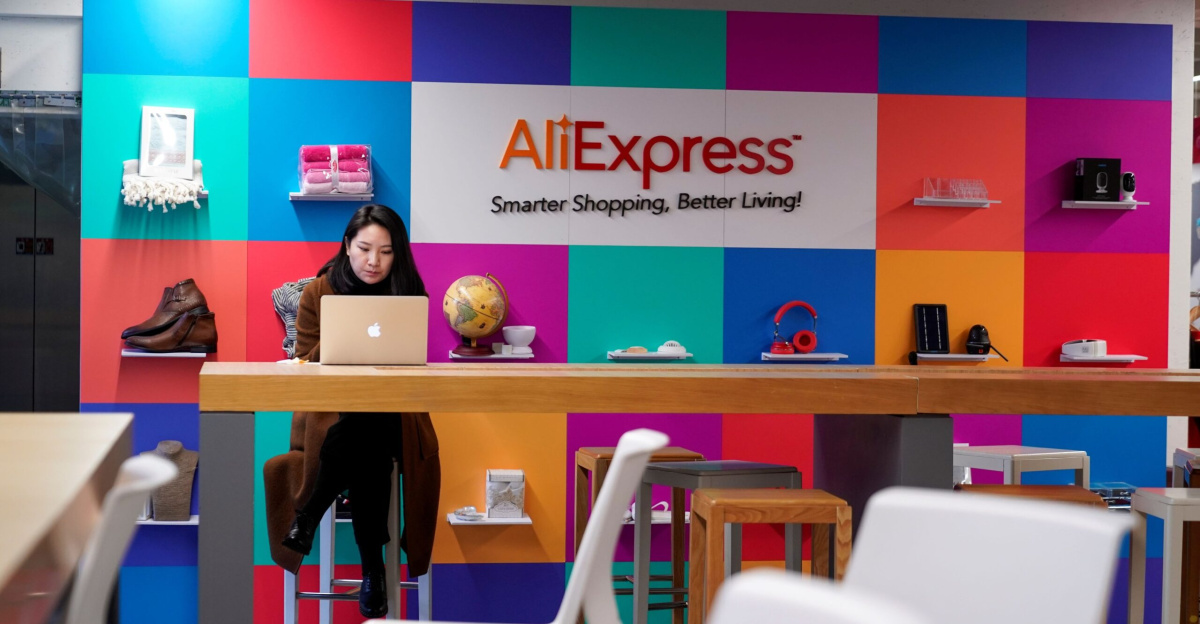
The economic stakes couldn’t be higher. Counterfeits and unsafe imports already siphon an estimated €119 billion a year from legitimate EU firms – more than the entire GDP of countries like Hungary. Fashion knock-offs and illicit electronics top the list, and customs data show online marketplaces now account for roughly half of those seizures. Investors took notice of the AliExpress scandal: Alibaba’s Hong Kong-listed stock dipped on 18 June, reportedly wiping about $5.4 billion off its value on that day.
Analysts warn that a 6% turnover fine could erase AliExpress’s profits for several quarters and likely invite closer scrutiny in the U.S. and Australia.
Countdown to Verdict
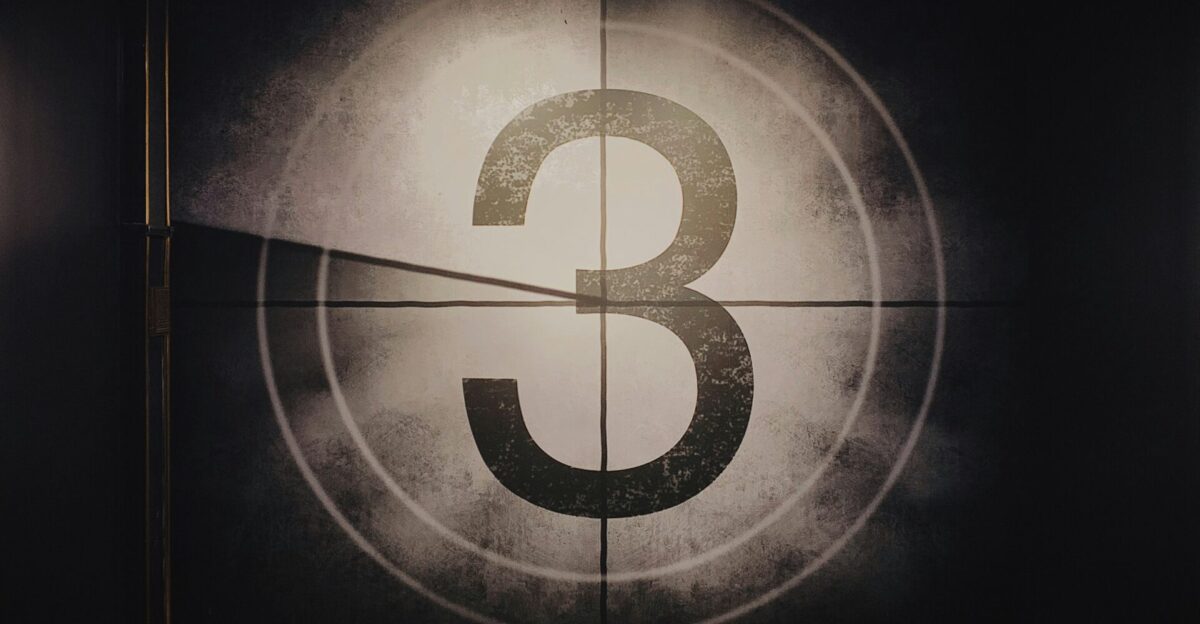
With investigations and negotiations underway, the clock is ticking. Under DSA rules, AliExpress has roughly three months to review the EU’s preliminary findings, submit written replies and demonstrate that its new “hidden-link” detection tools work in practice. By early 2026, Brussels will decide whether to declare AliExpress non-compliant – a ruling that would set a benchmark for all future DSA cases. Behind the scenes, EU legislators are already debating bolder moves: raising the 6% fine cap, and closing the €150 low-value parcel loophole.
Consumer groups are pushing for public blacklists of rogue sellers to add reputational teeth to enforcement.
Lawmakers Step In

Already, European politicians are racing to solidify the shakeup. Committees in Brussels and national parliaments have floated measures to sharpen enforcement. Some MEPs argue for scrapping the small-parcel loophole altogether and even raising the 6% fine ceiling. Over in Strasbourg, EPP digital policy chief Andreas Schwab applauded the Commission’s action as “a strong signal” that the DSA is now operational – warning that if the findings are confirmed, AliExpress should face “serious consequences, including fines of up to 6% of global annual turnover and the obligation to present a remediation plan”.
France and Germany are preparing their own follow-up: speeding up customs checks on suspect imports and stiffening sanctions for repeat offenders.
Sellers Brace
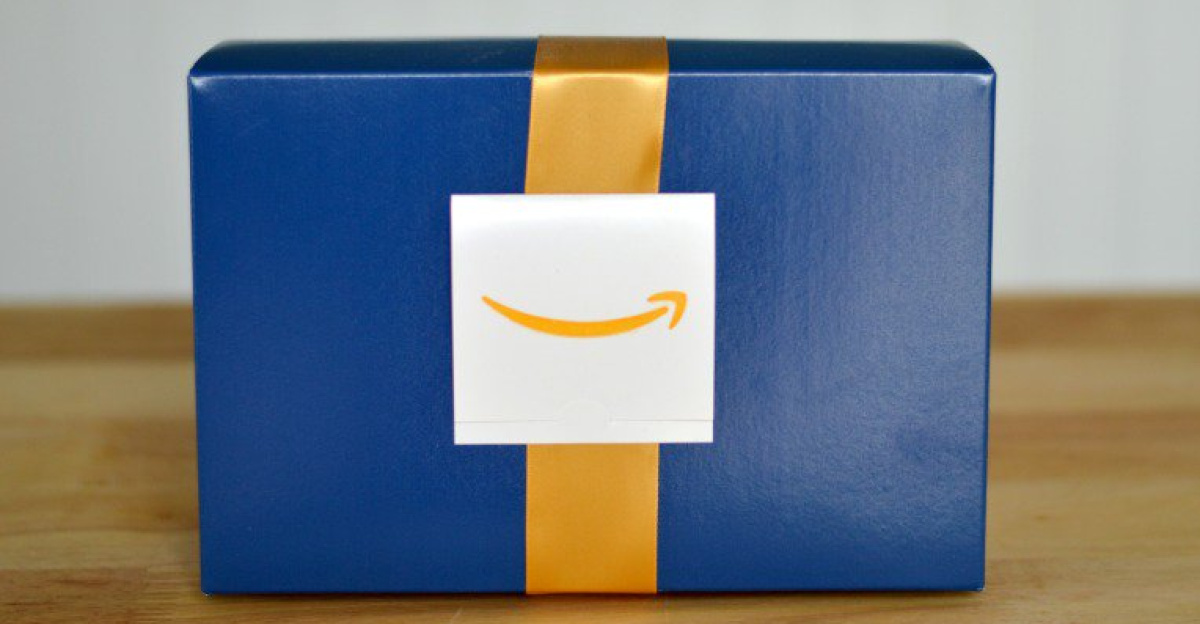
At ground level, businesses big and small are feeling the tremors. European vendors who play by the book now face extra paperwork and certification requirements: labelling, testing reports, and risk assessments that used to be optional are becoming mandatory. Some smaller marketplaces complain these hurdles are onerous, but many merchants secretly welcome the change – they want rogue competitors who ignore safety to be held equally accountable.
Industry associations predict a surge in “compliance consulting” as firms adapt. One Polish craftsman selling handmade toys online summed up the mood: “We’ve been drowning in bureaucracy for years to ensure our products are safe. It’s only fair that Amazon or AliExpress sellers do the same.”
Voices Unite
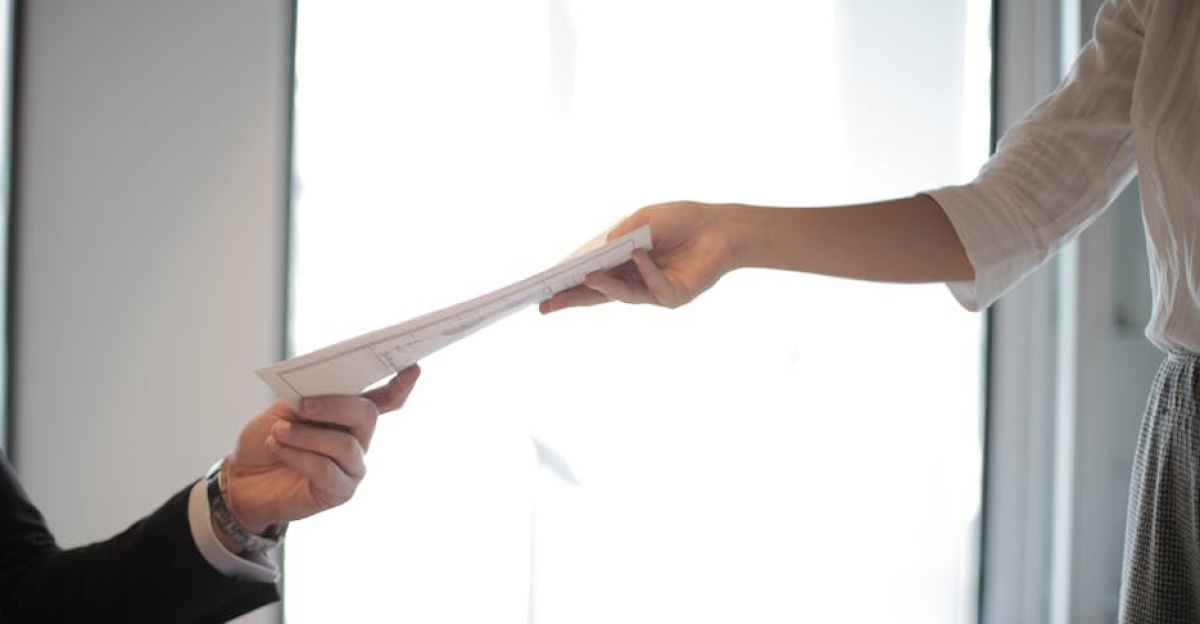
Consumers and advocacy groups are also organizing. Grassroots campaigns and social media groups are demanding transparency. Initiatives like #KnowBeforeYouBuy urge shoppers to verify product origins, and there’s growing public support for a “name and shame” list of bad sellers. Polling shows European buyers increasingly fret about product safety online.
National consumer councils are ramping up outreach: for example, Spain’s test labelling initiative already highlights unsafe imports in its alerts. BEUC’s Reyna summarizes the consumer sentiment: “Online marketplaces must be accountable for dangerous products – and we will not tolerate mere promises without follow-through”.
Global Watch
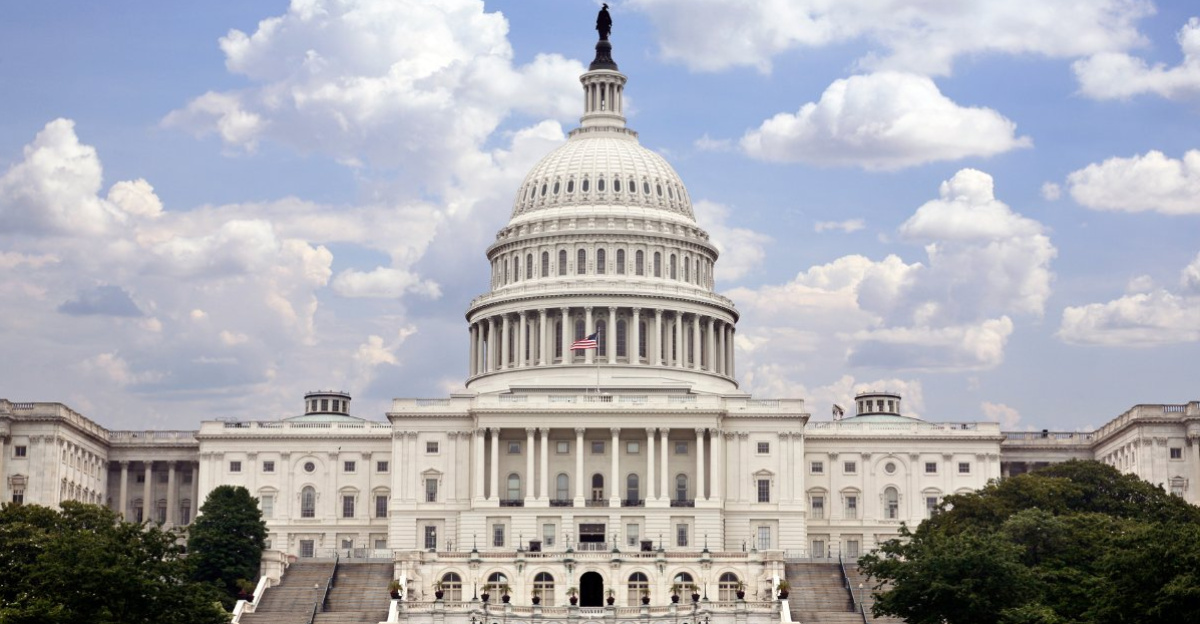
The AliExpress case is drawing international eyes. In Washington, U.S. officials have quietly signaled interest: Amazon and other American platforms are being asked how they comply with Europe’s new rules – a sign that DSA-style regulation may spread beyond the EU. Across Asia, Chinese tech firms are monitoring the outcome, aware that Europe’s stringent enforcement could become a global benchmark.
Indeed, Australia’s upcoming online safety law, for instance, now mirrors some EU provisions on illegal listings. Financial analysts note that “digital sovereignty” is a worldwide trend: officials from Tokyo to New Delhi are vetting foreign platforms on similar grounds.
Outlook
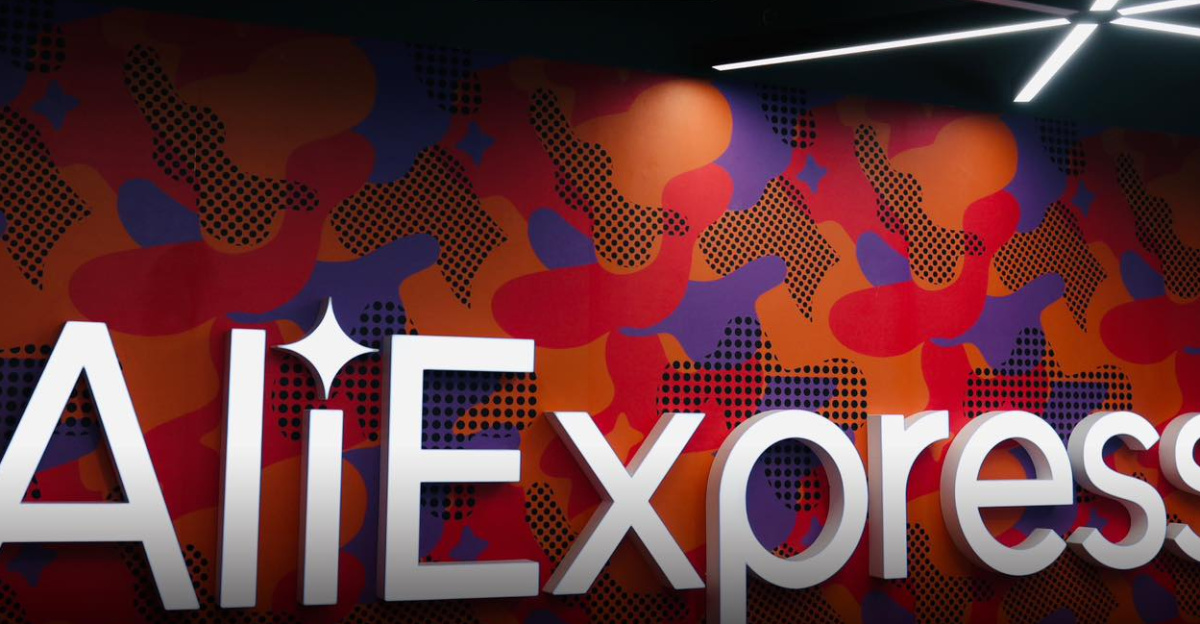
With the verdict still pending, one fact is certain: the AliExpress saga marks a new chapter. By early 2026, every major marketplace will have internalized the lesson that EU regulators demand real-world results. EU executives plan to upgrade related laws too – updating product safety and customs rules to reinforce these digital controls.
Whether AliExpress ultimately reforms or is fined, the case has sent a message: tech giants cannot outrun EU standards.
